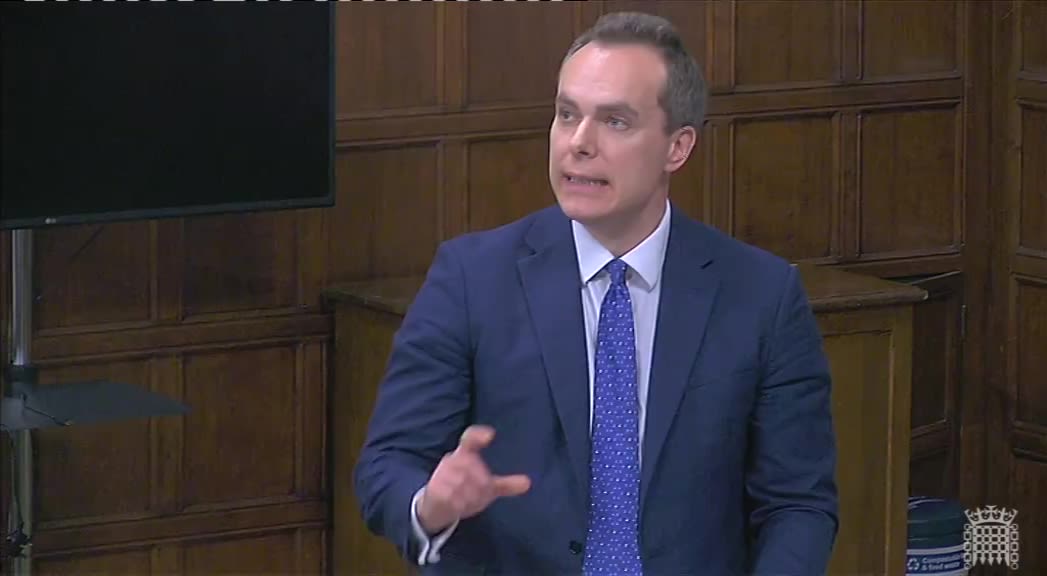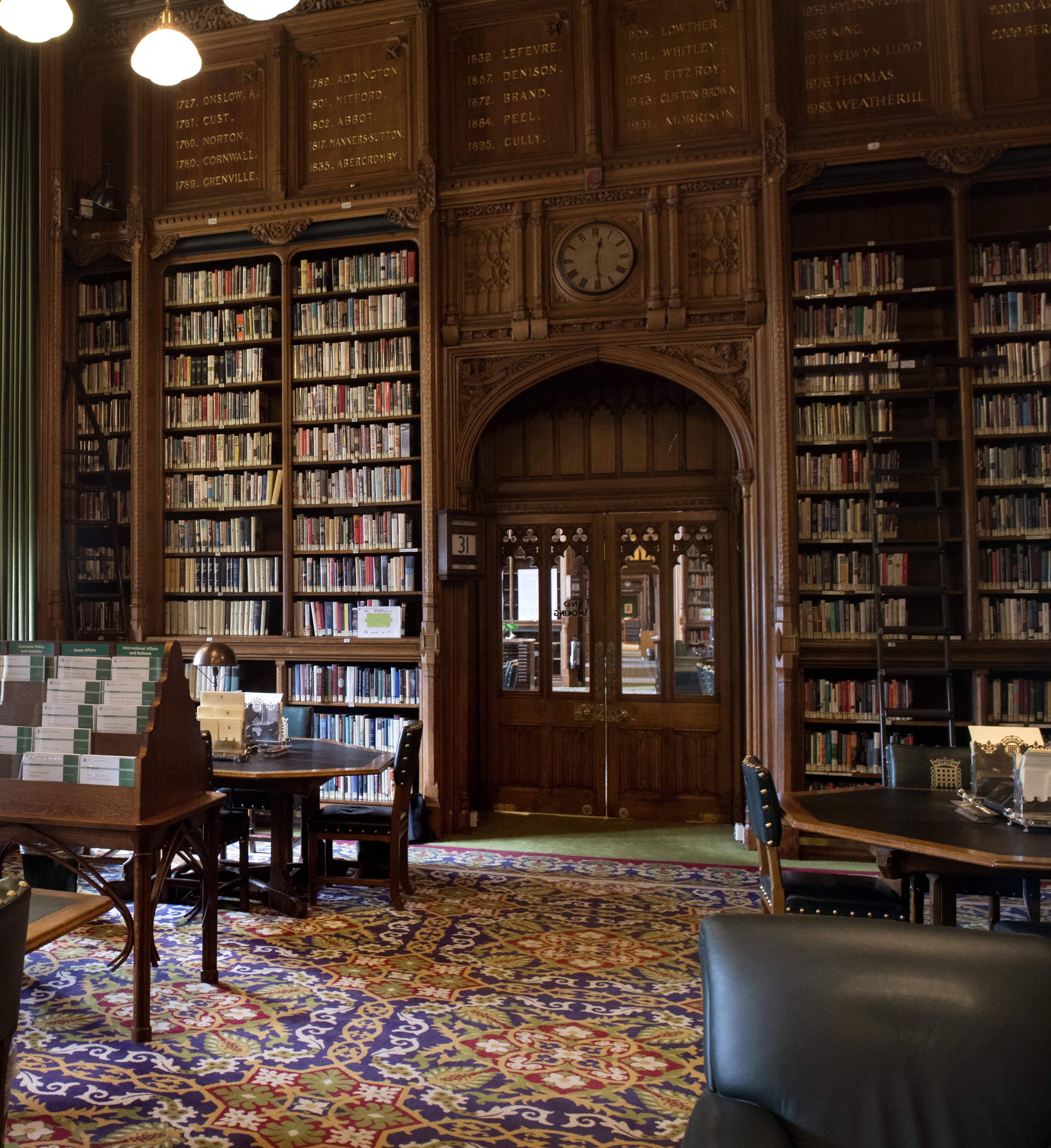Nursery provision in South West England
Sharing your experiences for a Parliamentary debate

On Tuesday 6 February, Luke Pollard MP led a Westminster Hall debate on nursery provision in South West England.
To inform it, he asked to hear about your experiences.
Thank you to all those who responded to the survey.
Page contents:
- MP's thank you message
- Video of survey respondents' stories being shared
- The Government's response
- Links to read or watch the debate
- Relevant Parliamentary activity
- A debate explainer.
"I’d like to thank everyone from across the South West who shared their views on accessing nursery provision in their area.
"Several MPs representing constituencies in the South West came to the debate, and we spoke about many of the issues which you raised.
"Issues like childcare affordability, waiting lists, the impact on careers were all discussed, alongside other themes from your survey responses.
"Have a look at the transcript for the debate, or watch it using the links below. You can also see what the Government Minister said in response.
"Thank you again for your contribution to this important debate."

He shared some of the public's experiences in his speech:
The Government's response

The Minister for Children, Families and Wellbeing, David Johnston MP, responded to the debate on behalf of the Government.
Watch or read his full speech for details where he covers a range of topics, including:
- The state of the childcare market in the south west. The Minister suggested the Government was “confident in the strength of the childcare market in the south-west” and noted the number of registered childcare places in the region had increased by 3% between 2022 and 2023, compared to a 1% increase across England as a whole.
- The extension of the 30 hours of free childcare a week to children aged from nine months to three years. The Minister said the Government will be spending over £8 billion on the childcare entitlements by 2027/28, once the expansion is fully rolled out.
- How the Government is working to support local authorities deliver the expansion, including providing £12 million to local authorities to help cover the associated costs.
- The increase in funding rates for the early education entitlements in 2024/25, supported by an additional £288 million in funding announced at the Spring Budget 2023.
- Increases to the funding rate for the Early Years Pupil Premium and the Disability Access Fund in 2024/25.
- Government efforts to support recruitment in the early years sector, including the “Do Something Big” recruitment campaign, the trialing of £1,000 tax-free sign-on payments in 20 local authorities, and early years skills bootcamps to support apprenticeships for adults to enter the industry.
Further information on these topics is provided in the Library briefings on early years funding and help with childcare costs in England.
Parliamentary resources

House of Commons Library
Relevant research:
- Early years funding in England (December 2023)
- Help with childcare costs in England (December 2023)
- Staff to child ratios in early years childcare (September 2023)
Relevant committee inquiries
Education Committee: Support for childcare and the early years (July 2023)
What are Westminster Hall debates?
Westminster Hall debates enable backbench MPs from any party to raise an issue, and receive a response from the government.
They do not involve a vote on a particular action or decision.
Instead, the aim is to:
- raise awareness of an issue, often as part of a wider campaign
- seek to influence government policy
- put the views of backbench MPs, opposition parties, and the government on record.
The setting
Westminster Hall debates happen in the Grand Committee Room – the second chamber of the House of Commons.
Here, MPs sit in a horseshoe shape. This can help to encourage a constructive atmosphere.
Chairing the debate
Westminster Hall debates are chaired by an MP. The role of the Chair is to:
- ensure debates keep to the time allocated
- call on MPs to speak
- make sure MPs follow the rules of debate.
To mark the start of the debate the Chair says:
"Order, order"
Opening the debate
The MP leading the debate makes the first speech.
They will generally:
- outline their views on the issue
- present examples
- in some cases, call on the government to take action.
Backbench speeches
After the opening speech, other backbench MPs take turns to speak in the debate.
The main opposition parties
For longer debates, the main opposition parties then have a chance to respond.
An MP from the third largest party generally goes first, and is followed by an MP from the official Opposition.
They outline their party's position on the issue.
The Government's response
The Chair then calls the Minister to respond to the debate on behalf of the government.
The Minister will generally:
- respond to concerns raised by MPs
- explain the government's position and policies
- share relevant plans or ambitions for the future.
Closing the debate
If there is enough time, the MP who opened the debate can make final comments.
The debate is then concluded.
Engaging with debates
- You can contact your MP and ask them to attend a debate. Or you can ask them to lead their own debate on an issue you feel is important.
- For some debates, you may be asked to share your insights and experiences. This can help inform the MPs taking part in the debate. See the Chamber Engagement website for details.
- You can watch debates online or attend in person. Find out what's on by looking at the Parliamentary calendar.
Lisa, Ian and Charlotte helped inform previous debates on topics like the menopause and pensions advice:
For more on Westminster Hall debates, see How Parliament Works.
Photo credit: UK Parliament / Jessica Taylor
